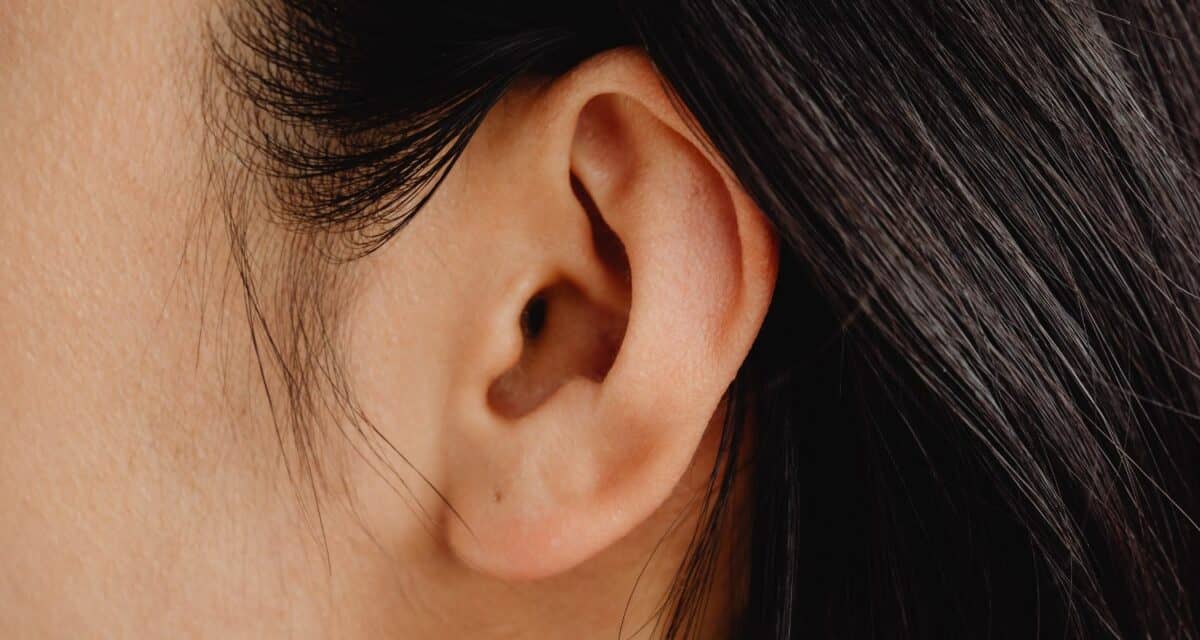Have you ever stopped to think about how amazing our ears are? They allow us to hear the world around us, from the chirping of birds to the laughter of our loved ones. But just like any other part of our body, our ears can be susceptible to problems. In this article, we will discuss the 4 most common problems affecting the ears and why it’s important to take care of them.
#1: Ear Infections
Ear infections are a common problem, especially in children. They occur when bacteria or viruses infect the middle ear, causing inflammation and fluid buildup. This can lead to pain, hearing loss, and even fever.
Ear infections can be caused by a number of things, including a cold, flu, or allergies. They can also be caused by a blockage in the ear, such as earwax or a foreign object.
The symptoms of ear infections can vary, but they typically include:
- Pain in the ear
- Hearing loss
- Drainage from the ear
- Fever
- Nausea and vomiting
The best way to prevent ear infections is to practice good hygiene and to keep your ears clean. You can also reduce your risk of ear infections by avoiding exposure to harmful substances, such as smoke and pollution.
If you do develop an ear infection, it is important to seek treatment as soon as possible. Treatment may include antibiotics, pain relief, and in severe cases, surgery. With prompt treatment, most ear infections can be successfully treated, and you can get back to enjoying the sounds of the world around you.
#2: Hearing Loss
Hearing loss is a common problem, affecting millions of people around the world. It can be caused by a variety of factors, including aging, exposure to loud noises, and certain medical conditions.
There are many causes of hearing loss, including:
- Aging
- Exposure to loud noises
- Certain medical conditions, such as diabetes and high blood pressure
- Inherited conditions
- Certain medications
The symptoms of hearing loss can be subtle, but they typically include:
- Difficulty hearing in noisy environments
- Asking people to repeat themselves
- Turning up the volume on the TV or radio
- Struggling to understand conversations
The best way to prevent hearing loss is to protect your ears from loud noises and to seek regular hearing tests. If you do experience hearing loss, it is important to seek treatment as soon as possible. Treatment may include hearing aids, cochlear implants, or other assistive devices. With the right treatment, you can improve your hearing and enjoy the sounds of the world around you.
#3: Tinnitus
Tinnitus is a condition in which a person hears ringing, buzzing, or other sounds in their ears, even when there is no external sound source. It can be caused by a variety of factors, including exposure to loud noises, certain medications, and certain medical conditions.
The causes of tinnitus can include:
- Exposure to loud noises
- Certain medications
- Certain medical conditions, such as high blood pressure and Meniere’s disease
- Ear infections
- Injuries to the head or neck
The symptoms of tinnitus can include:
- Ringing, buzzing, or other sounds in the ear
- Difficulty sleeping
- Trouble concentrating
- Depression or anxiety
- Prevention and Treatment of Tinnitus
The best way to prevent tinnitus is to protect your ears from loud noises and to seek regular hearing tests. If you do experience tinnitus, it is important to seek treatment as soon as possible. Treatment may include therapy, medication, or sound therapy. With the right treatment, you can reduce the symptoms of tinnitus and improve your quality of life.
#4: Meniere’s Disease
Meniere’s disease is a condition that affects the inner ear and can cause vertigo, hearing loss, and tinnitus. It is a chronic condition that can have a significant impact on a person’s quality of life.
The causes of Meniere’s disease are not well understood, but it is thought to be related to an overproduction of fluid in the inner ear.
The symptoms of Meniere’s disease can include:
- Vertigo
- Hearing loss
- Tinnitus
- Nausea and vomiting
- Fullness or pressure in the ear
There is no cure for Meniere’s disease, but with proper treatment, it can be managed. Treatment may include medications, lifestyle changes, and in severe cases, surgery. With the right treatment, you can reduce the symptoms of Meniere’s disease and improve your quality of life.
From ear infections to Meniere’s disease, it is important to take care of our ears and to seek treatment if we experience any problems. With prompt treatment, most ear problems can be successfully treated, and you can get back to enjoying the sounds of the world around you.
At our Otolaryngology practice, we are dedicated to helping you take care of your ears. If you are experiencing any problems with your ears, we encourage you to schedule an appointment today. Our team of experts will work with you to diagnose your condition and to develop a treatment plan that is right for you. Don’t wait, take control of your ear health today!

